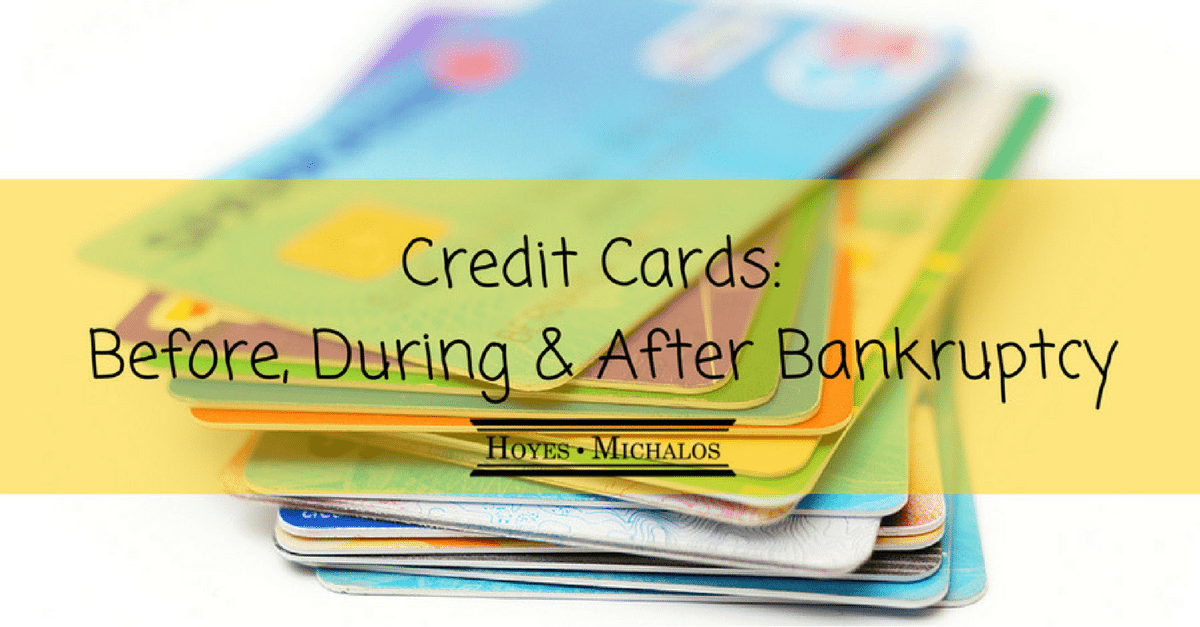
You may have credit card debt that is causing you financial problems, but you may also rely on using those credit cards to pay for things online and so worry about the impact of a bankruptcy on your credit cards.
When you file for personal bankruptcy or make a proposal to your creditors, you must turn over all credit cards to your trustee, who will then return them to your credit card companies; that is the law (paragraph 158(a.1) of the Bankruptcy and Insolvency Act and Directive #3 issued by The Superintendent of Bankruptcy).
Even if you have a zero balance on your card, this rule applies. The only exception to this rule is if the card you hold was issued to a third party (for example your employer, spouse or parent) and the third party confirms that you may continue to use the card. All of these comments apply to proposals as well as bankruptcy.
Getting a Credit Card During Bankruptcy
During your bankruptcy, it is an offence under the Bankruptcy and Insolvency Act to apply for credit without disclosing the fact that you are an undischarged bankrupt or in a consumer proposal. This means you will not likely be approved for a regular credit card during your bankruptcy or proposal.
We know that it is difficult to function without a credit card, particularly during a proposal which can last for a longer period of time. Try making a hotel reservation or buying an airline ticket without having a credit card and you’ll know what I mean. However you do have options for surviving without a credit card.
One option is to apply for a secured credit card. For example, Home Trust Secured VISA allows you to obtain a card with limits between $500 and $10,000. You must put down a security deposit for the amount of your limit in full. Each month, you pay off your balance in full, and the transaction is reported to the credit bureau, thereby re-establishing your credit. It is important to note that if you are currently bankrupt or in a proposal you must disclose this in the application.
While we understand that a credit card is convenient and sometimes necessary, we strongly advise against using any credit card as a way to balance your budget. If you have filed for bankruptcy with Hoyes, Michalos, you will have received two financial counselling sessions in which credit repair and re-establishing your credit post-bankruptcy is discussed at length. We always emphasize the use of a credit cards as a substitute for cash, not a method of supplementing your cash flow.






